
Bujumbura: The Heartbeat of Burundi
Bujumbura, the bustling capital of Burundi, is a city that blends rich cultural heritage with stunning natural beauty. Nestled on the northeastern shores of Lake Tanganyika, it offers a unique mix of urban life and serene landscapes that will captivate any traveler. The city's vibrant markets, historic sites, and friendly locals provide a warm welcome to all who visit. A trip to Bujumbura is incomplete without a stroll along the Lake Tanganyika waterfront. The sandy beaches and crystal-clear waters make it a perfect spot for relaxation and water activities. Nearby, you’ll find the Livingstone-Stanley Monument, a historical site commemorating the famous explorers' meeting. For those interested in wildlife, a visit to Rusizi National Park offers an opportunity to see hippos, crocodiles, and a variety of bird species in their natural habitat. The city's culinary scene is a delightful journey through Burundian flavors. From street food vendors selling brochettes to upscale restaurants offering local and international cuisine, there is something to satisfy every palate. The vibrant nightlife, with its lively bars and music venues, ensures that the city remains lively well into the night. Bujumbura is also a gateway to discover the rest of Burundi. Whether you're looking to explore the rolling hills and coffee plantations or visit the traditional drum sanctuary of Gishora, the city serves as a perfect starting point for your adventures in this beautiful country.
Local tips in Bujumbura
- Visit the local markets early in the morning for the freshest produce and a vibrant atmosphere.
- Wear lightweight, breathable clothing as the climate can be hot and humid.
- Hire a local guide for a more immersive experience of the city's history and culture.
- Try the local fish dishes, especially those made with fresh catch from Lake Tanganyika.
- Be cautious with photography; always ask for permission before taking pictures of people.
- Use bottled water and avoid ice in drinks to prevent any stomach issues.
Bujumbura: The Heartbeat of Burundi
Bujumbura, the bustling capital of Burundi, is a city that blends rich cultural heritage with stunning natural beauty. Nestled on the northeastern shores of Lake Tanganyika, it offers a unique mix of urban life and serene landscapes that will captivate any traveler. The city's vibrant markets, historic sites, and friendly locals provide a warm welcome to all who visit. A trip to Bujumbura is incomplete without a stroll along the Lake Tanganyika waterfront. The sandy beaches and crystal-clear waters make it a perfect spot for relaxation and water activities. Nearby, you’ll find the Livingstone-Stanley Monument, a historical site commemorating the famous explorers' meeting. For those interested in wildlife, a visit to Rusizi National Park offers an opportunity to see hippos, crocodiles, and a variety of bird species in their natural habitat. The city's culinary scene is a delightful journey through Burundian flavors. From street food vendors selling brochettes to upscale restaurants offering local and international cuisine, there is something to satisfy every palate. The vibrant nightlife, with its lively bars and music venues, ensures that the city remains lively well into the night. Bujumbura is also a gateway to discover the rest of Burundi. Whether you're looking to explore the rolling hills and coffee plantations or visit the traditional drum sanctuary of Gishora, the city serves as a perfect starting point for your adventures in this beautiful country.
When is the best time to go to Bujumbura?
Iconic landmarks you can’t miss
Melchior Ndadaye International Airport
Explore the heart of East Africa from Melchior Ndadaye International Airport, your gateway to Burundi's stunning landscapes and rich culture.
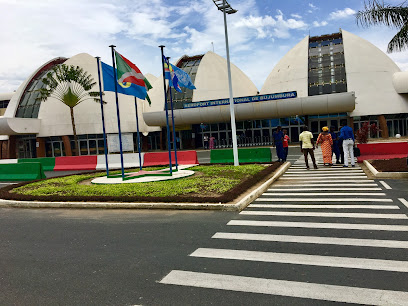
Zion Beach
Discover the flavors of Burundi at Zion Beach, a stunning restaurant offering breathtaking water views and a diverse menu in Bujumbura.
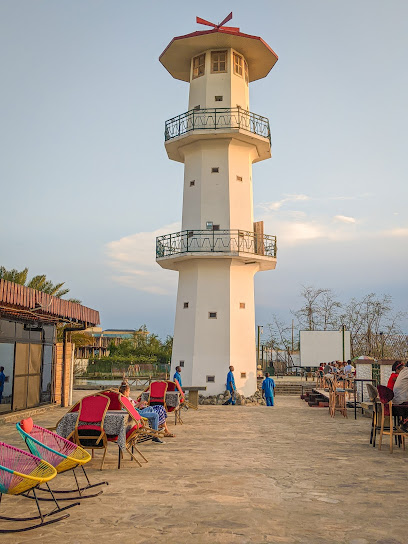
Bujumbura Zoo
Explore Bujumbura Zoo, a vibrant wildlife sanctuary showcasing diverse species and beautiful gardens in the heart of Bujumbura.
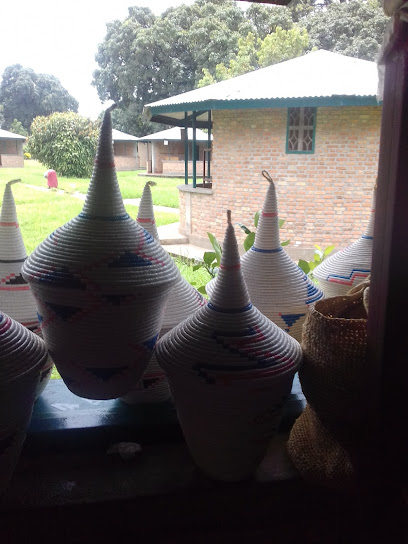
Marché central de Bujumbura Siyoni
Explore the colorful and bustling Marché Central de Bujumbura Siyoni, a vibrant market showcasing Burundian culture and local craftsmanship.
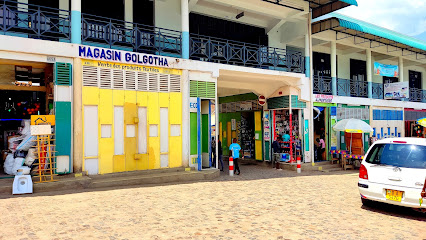
Taj Mahal grana parmisiano
Discover authentic Indian cuisine at Taj Mahal Grana Parmisiano in Bujumbura, where every meal is a flavorful journey through India.
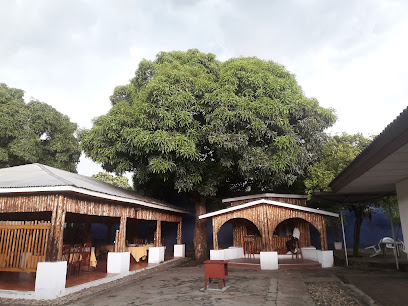
Livingston-Stanley Monument
Discover the Livingston-Stanley Monument, a historical landmark celebrating the legendary explorers in the heart of beautiful Burundi.
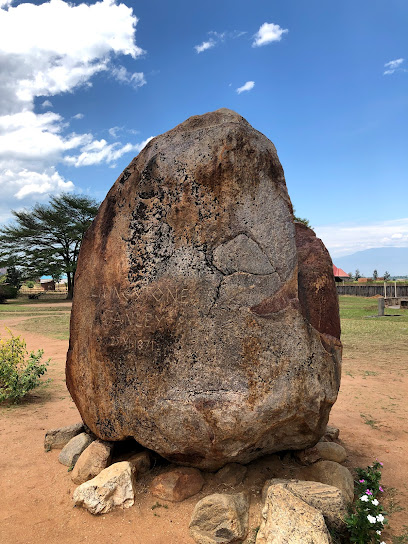
Gishora Drum Sanctuary
Discover the vibrant rhythms of Gishora Drum Sanctuary, a UNESCO World Heritage site where Burundi's rich musical heritage comes alive.
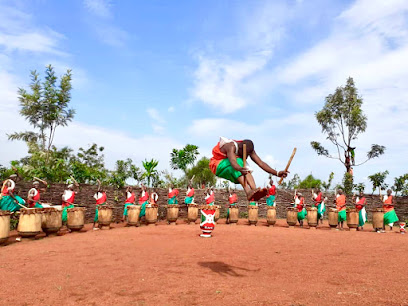
Burundi Tourism Transport
Discover the beauty and culture of Burundi with expert guidance from Burundi Tourism Transport, your premier travel partner in Bujumbura.
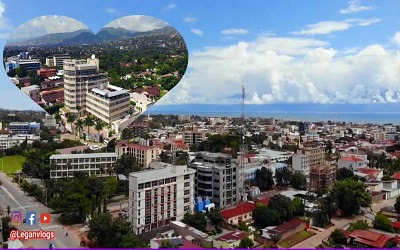
Kibira National Park
Explore Kibira National Park, Burundi's lush rainforest teeming with wildlife, breathtaking landscapes, and unforgettable natural experiences.
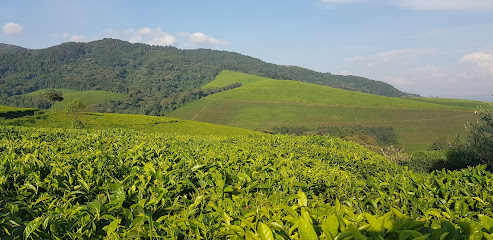
Aparthotel Jardin Tropical Bujumbura
Discover the serene charm of Aparthotel Jardin Tropical in Bujumbura, a perfect blend of comfort and nature for travelers exploring Burundi.
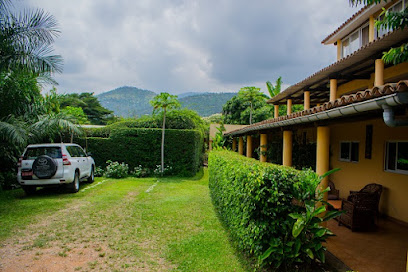
Rusizi National Park
Explore the stunning wildlife and breathtaking landscapes of Rusizi National Park, a captivating destination in the heart of Burundi, perfect for nature lovers.
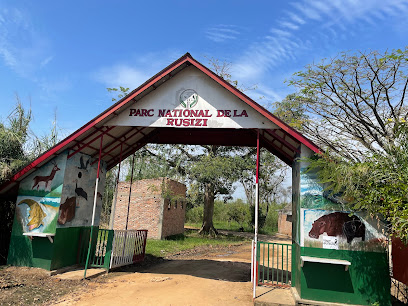
Maison Cremerie
Discover the charming Maison Cremerie in Bujumbura, where local flavors meet a cozy café experience perfect for relaxation.
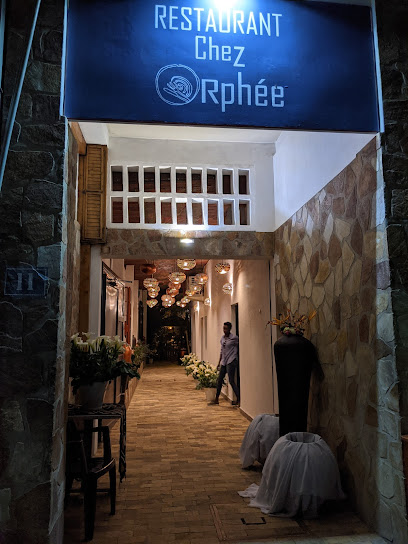
Bubbles(resto, barbershop, spa)
Discover Bujumbura's hidden gem: Bubbles, where exquisite dining meets relaxation and grooming in a stylish setting.
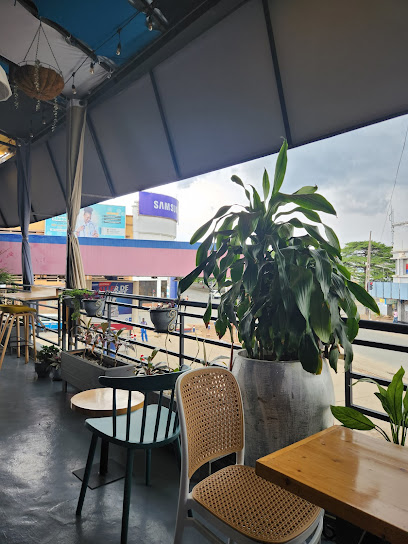
Eglise Vivante
Discover the spiritual heart of Bujumbura at Eglise Vivante, where faith, community, and culture converge in a welcoming atmosphere.
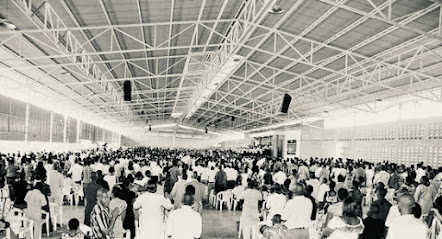
Regina Mundi Cathedral
Discover the serene beauty and architectural splendor of Regina Mundi Cathedral in Bujumbura, a must-visit spiritual landmark in Burundi.
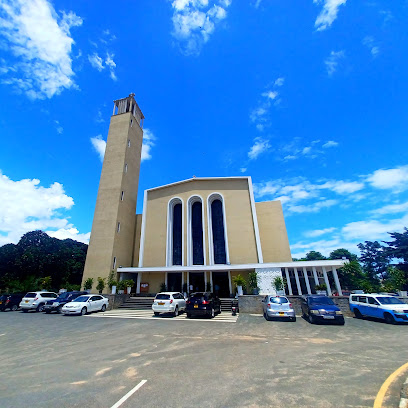
Unmissable attractions to see
Living Museum (Bujumbura Zoo)
Explore the Living Museum in Bujumbura, a vibrant zoo showcasing the unique wildlife of Burundi amidst beautiful gardens and educational exhibits.
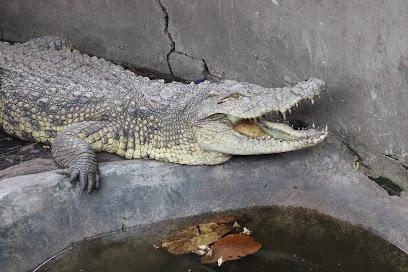
Stade Prince Louis Rwagasore
Discover the heart of Bujumbura's sports culture at Stade Prince Louis Rwagasore, where excitement and local pride come alive in every event.
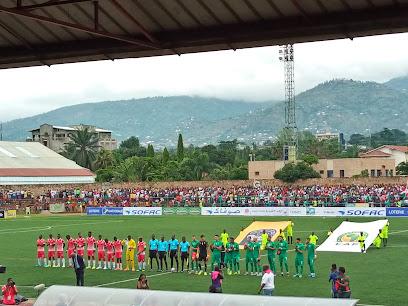
Jardin Public Bujumbura
Discover the serene beauty of Jardin Public Bujumbura, where lush gardens and vibrant flora create a perfect escape in the heart of the city.
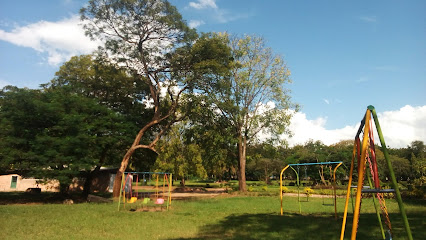
Kibira National Park
Explore the lush rainforests and diverse wildlife of Kibira National Park, a hidden gem in Burundi's natural landscape.
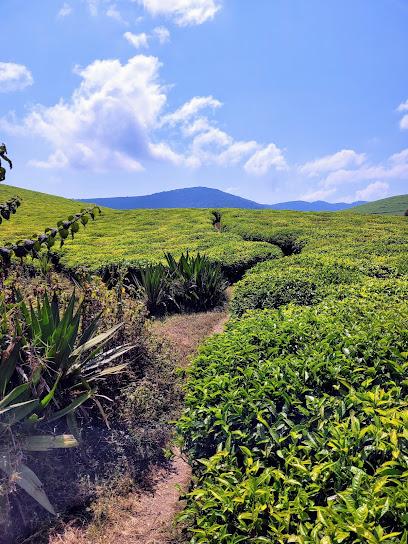
Rusizi National Park
Discover the beauty of Rusizi National Park, a haven for wildlife enthusiasts, adventure seekers, and nature lovers in the heart of Burundi.
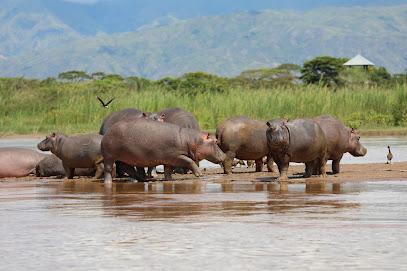
Olive’s Garden
Discover the tranquility and natural beauty of Olive's Garden in Bujumbura, a serene retreat perfect for relaxation and events.
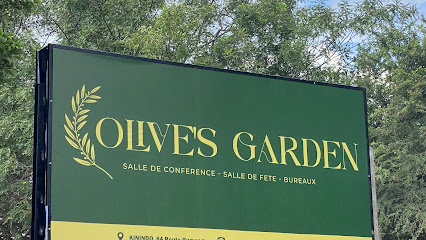
Marre aux hippos
Explore the serene beauty of Marre aux Hippos, a breathtaking tourist attraction in Ninga, where you can observe hippos in their natural habitat amidst stunning landscapes.
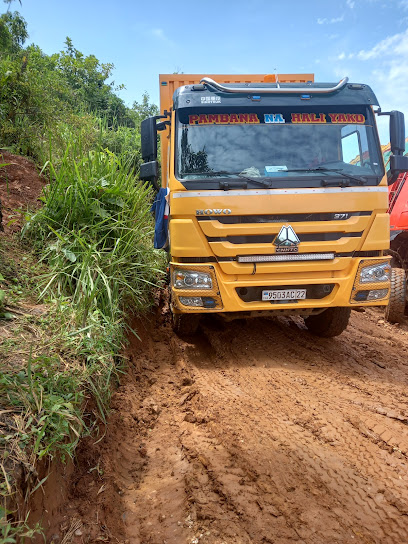
Lookout Tower Rusisi NP
Experience breathtaking panoramic views of Rusisi National Park from the iconic Lookout Tower, a must-visit destination for nature lovers in Burundi.
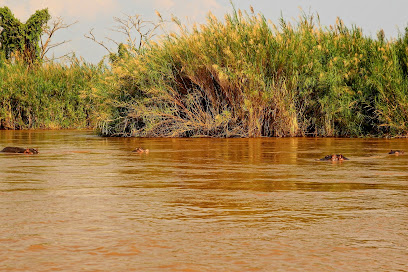
Tombe du Mwami Mwambutsa IV
Explore the Tombe du Mwami Mwambutsa IV: A serene tribute to Burundi's royal heritage amidst stunning natural landscapes.
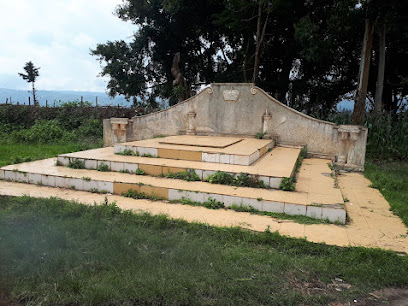
Maison de Dany prince
Explore the serene beauty of Maison de Dany Prince, a tranquil garden oasis in Bujumbura perfect for relaxation and nature appreciation.

Le Privilège
Discover the serene beauty of Le Privilège, a tranquil garden oasis in Bujumbura, perfect for relaxation and leisurely strolls amid nature's splendor.
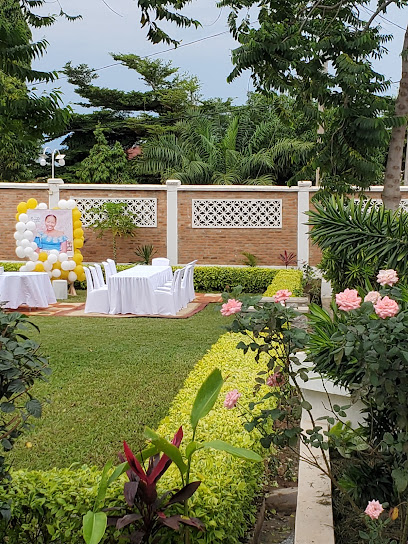
Salle etoile fillante
Discover the tranquil beauty of Salle Étoile Fillante, a serene park in Bujumbura offering lush landscapes and peaceful retreat for nature lovers.

Kaya’s Public Garden
Explore Kaya’s Public Garden in Bujumbura - a peaceful retreat with vibrant flora, perfect for relaxation and nature appreciation.

Musée Maison Royale (Boma)
Explore the captivating history and cultural heritage of Burundi at the Musée Maison Royale (Boma), a premier tourist attraction.
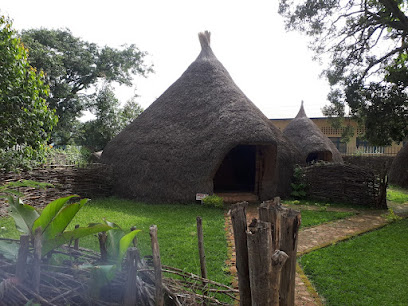
Hotel Belle-vue garden
Discover tranquility at Hotel Belle-vue Garden in Bujumbura, where lush gardens meet the beauty of Burundi's culture and landscapes.

Essential places to dine
Arena Restaurant Lounge Bar
Discover culinary delights at Arena Restaurant Lounge Bar in Bujumbura – where local flavors meet vibrant nightlife.
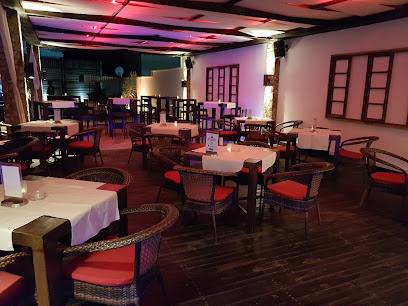
Waka Waka
Experience authentic Italian cuisine at Waka Waka in Bujumbura—where every dish tells a story of flavor and tradition.
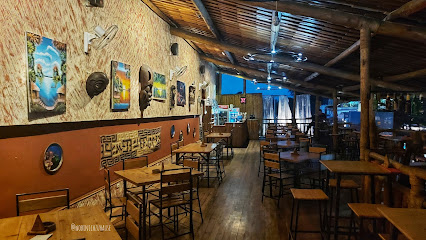
Zanzi
Discover authentic Burundian flavors at Zanzi in Bujumbura – where culinary traditions meet modern dining experiences.
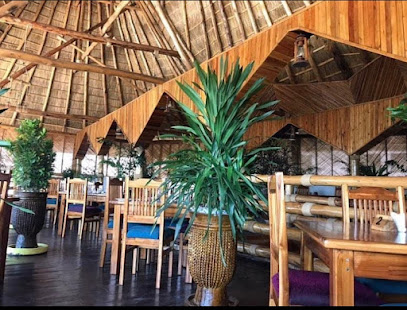
Harrys Grill House
Experience exceptional barbecue at Harry's Grill House in Bujumbura—where every bite is bursting with flavor.
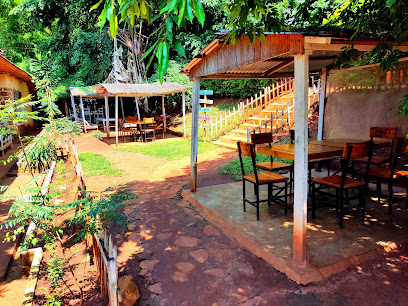
Maquis
Experience authentic Burundian cuisine at Maquis, where local flavors meet vibrant atmosphere in Bujumbura's culinary scene.
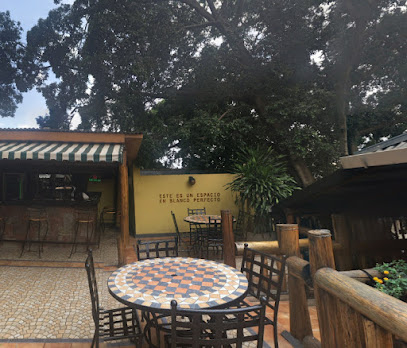
Pasta comedia
Experience authentic Italian cuisine with a local twist at Pasta Comedia in Bujumbura - where every dish tells a story.
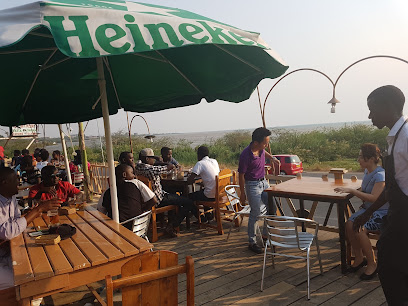
Belvedere Restaurant
Experience exquisite dining at Belvedere Restaurant in Bujumbura, where stunning lake views meet delicious cuisine in an inviting atmosphere.
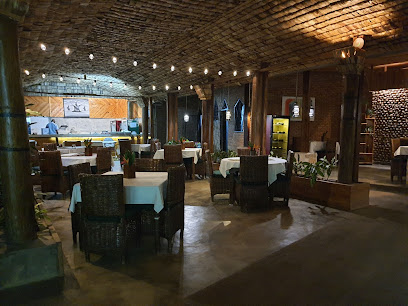
Taj Mahal grana parmisiano
Experience authentic Indian cuisine at Taj Mahal Grana Parmisiano in Bujumbura - where every dish tells a story.
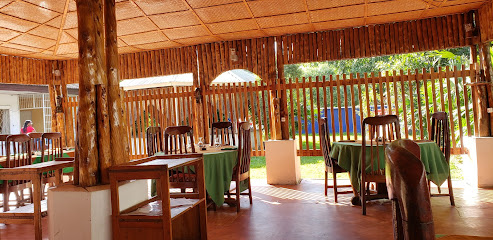
Restaurant Chez Orphée
Experience authentic Burundian cuisine at Restaurant Chez Orphée in Bujumbura—where every dish tells a story of flavor and tradition.
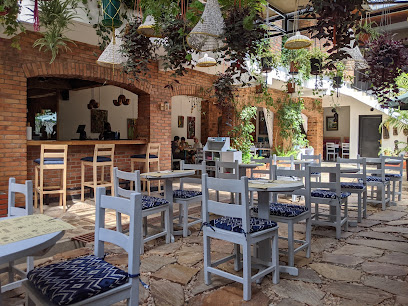
Paparazzi Restaurant
Experience family-friendly dining at Paparazzi Restaurant in Bujumbura, where delicious cuisine meets stunning lake views.
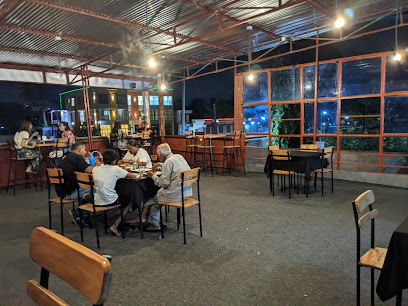
Restaurant Bar Meteo
Experience Burundian flavors and vibrant nightlife at Restaurant Bar Meteo in Bujumbura.
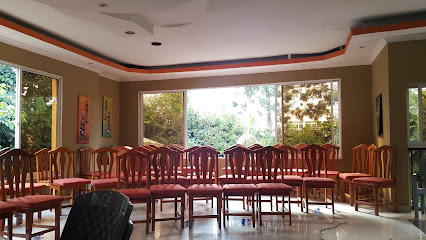
LM Kafe
Discover unique flavors at LM Kafe, Bujumbura's top spot for delicious meals in a cozy atmosphere.
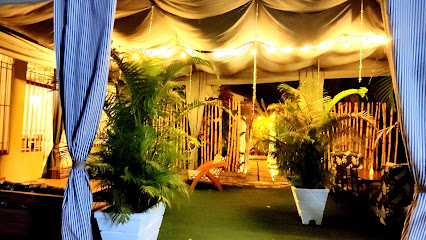
Restaurant Oasis
Experience the vibrant flavors of Burundi at Restaurant Oasis, where culinary tradition meets modern dining.
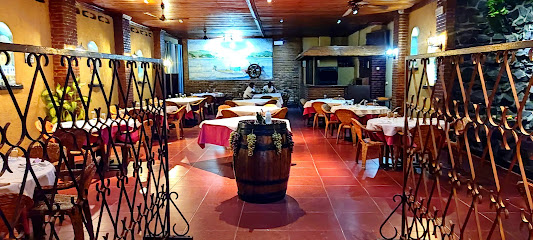
Aura Café
Experience Burundian flavors at Aura Café in Bujumbura - where local cuisine meets cozy ambiance.
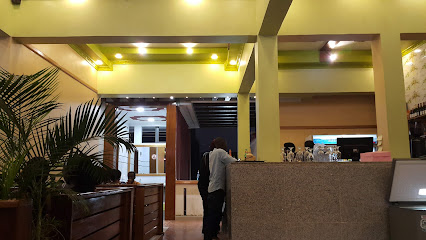
Hotel Restaurant Tanganyika Lake View
Experience exquisite dining with breathtaking views at Hotel Restaurant Tanganyika Lake View in Bujumbura.

Markets, malls and hidden boutiques
Sun city store
Experience the vibrant shopping scene at Sun City Store, where local culture meets unique products in the heart of Bujumbura.
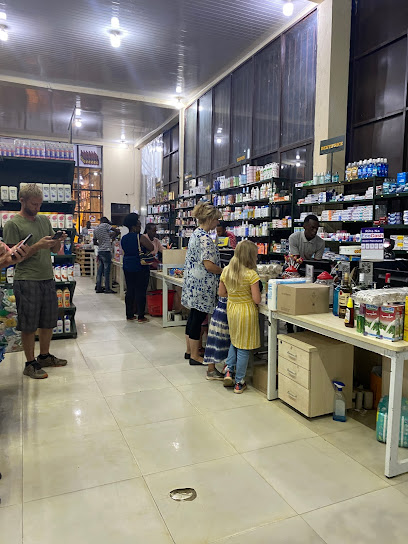
Home World Supermarket
Experience the local flavors and vibrant atmosphere at Home World Supermarket in Bujumbura, where every aisle tells a story.
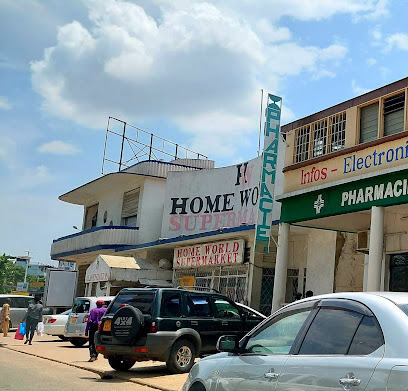
Budget
Explore Budget in Bujumbura for exquisite furniture, appliances, and office supplies that blend style and affordability.
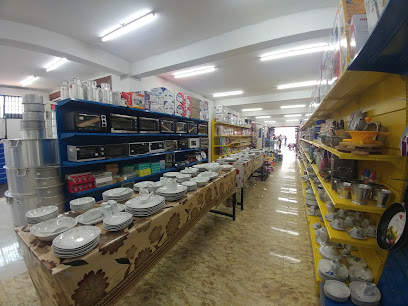
Flemingo Diplomatic Duty Free shop
Discover a unique shopping experience at Flemingo Diplomatic Duty Free Shop in Bujumbura, where local flavors meet international goods.
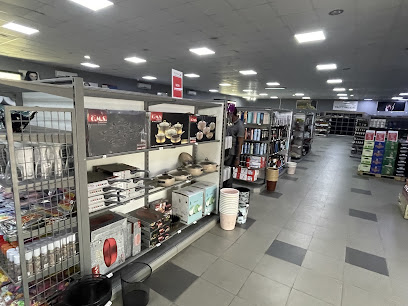
Muco Shop
Explore Muco Shop in Bujumbura for unique home goods that blend local craftsmanship with modern design, perfect for souvenirs or enhancing your home decor.
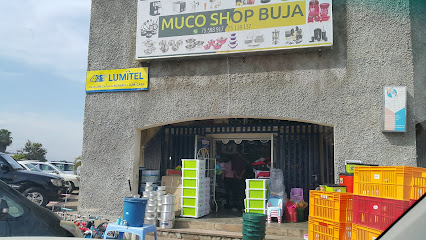
LE REFLET
Discover the essence of Burundian fashion at Le Reflet, a premier clothing store in Bujumbura offering unique styles and exceptional service.
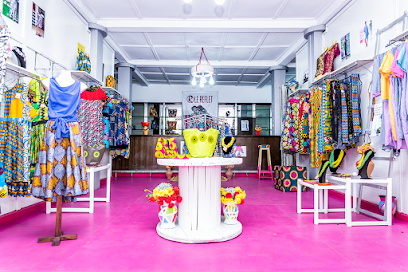
Maison Pic Bujumbura
Explore the essence of Burundian culture at Maison Pic Bujumbura, a boutique showcasing exquisite local craftsmanship and unique artisanal treasures.
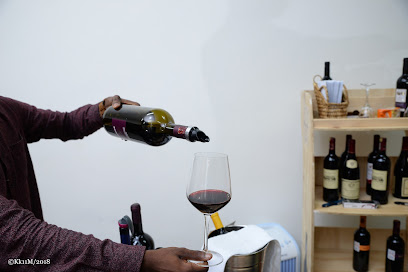
Kiyera Burundi
Explore Kiyera Burundi: A Boutique Experience of Art, Culture, and Unique Local Treasures in Bujumbura.

Nice Shop
Discover unique local products and a delightful shopping experience at Nice Shop in the heart of Bujumbura.
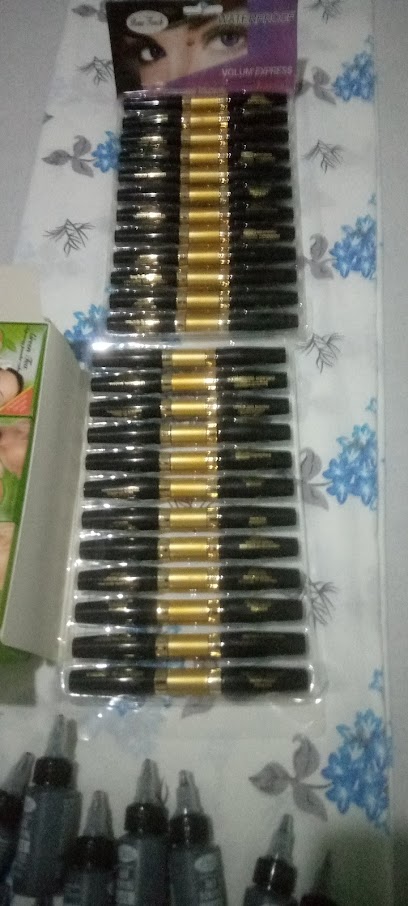
Margaux Wong
Explore the exquisite handcrafted jewelry at Margaux Wong in Bujumbura, where local culture meets stunning craftsmanship.

B&S Boutique de Luxe
Explore B&S Boutique de Luxe in Bujumbura for exquisite fashion accessories that blend local culture with global trends.

Kilakitu
Discover the vibrant shopping and dining experience at Kilakitu, Bujumbura's premier shopping mall, blending local culture with international flair.

Semi Shop Bujumbura
Explore the unique blend of traditional and contemporary fashion at Semi Shop Bujumbura, your go-to clothing destination in the heart of the city.
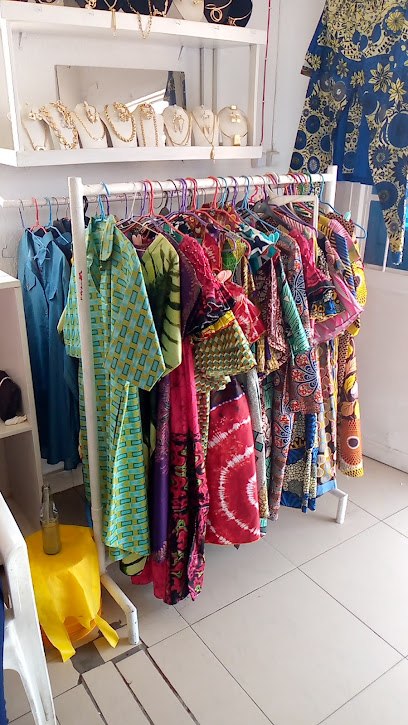
krysbel store
Discover authentic Burundian fashion at Krysbel Store, where unique styles and vibrant designs await every shopper.
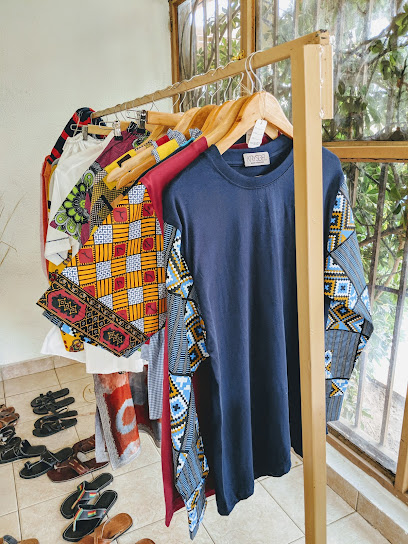
Bujumbura store
Explore Bujumbura Store: Your ultimate destination for unique beauty products and local cosmetics in Burundi's charming capital.
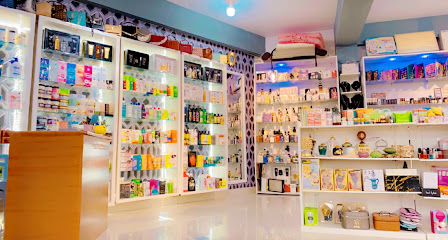
Essential bars & hidden hideouts
Arena Restaurant Lounge Bar
Discover the vibrant flavors of Bujumbura at Arena Restaurant Lounge Bar, where local and international cuisine meets a lively nightlife atmosphere.
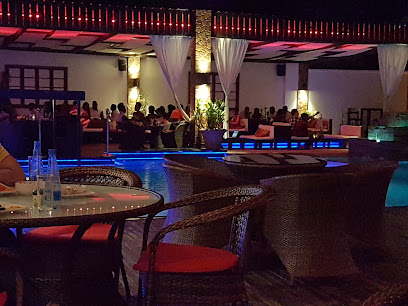
Vinothèque ZILLIKEN
Discover the exquisite flavors of fine wines and delicious cuisine at Vinothèque ZILLIKEN, Bujumbura's premier wine bar and restaurant.
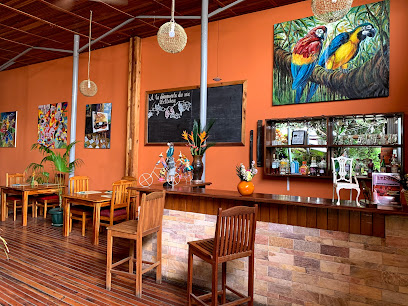
World Beach Bujumbura
Discover the beauty of World Beach Bujumbura, where stunning views and delicious grill cuisine await you along the shores of Lake Tanganyika.
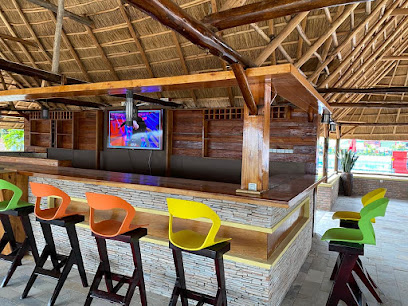
Cercle Nautique de Bujumbura
Discover the charm of Cercle Nautique de Bujumbura, where stunning lake views and vibrant social life meet in perfect harmony.
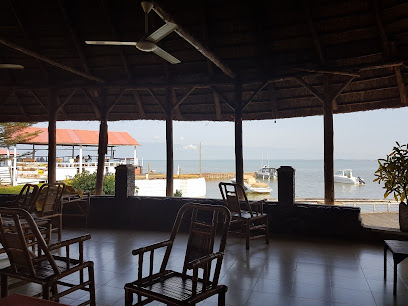
Beirut restaurant & lounge bar Bujumbura
Discover Bujumbura's lively dining scene at the Bujumbura Restaurant & Lounge Bar, where local flavors and great ambiance await.
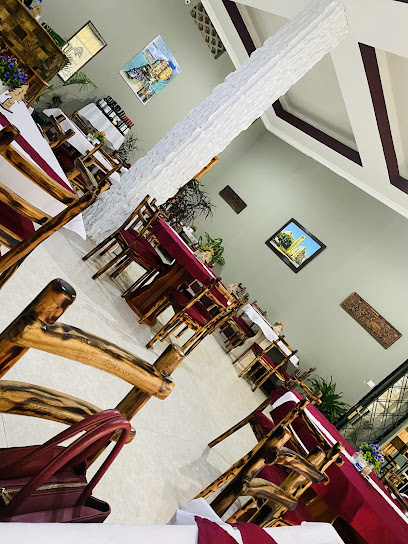
Favelas Bar
Experience the lively nightlife of Bujumbura at Favelas Bar, where great drinks and local music create an unforgettable atmosphere.
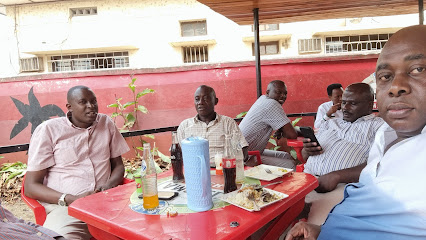
Peace and Love Bar
Discover the vibrant atmosphere and refreshing drinks at Peace and Love Bar in Bujumbura, a local favorite for nightlife and social gatherings.
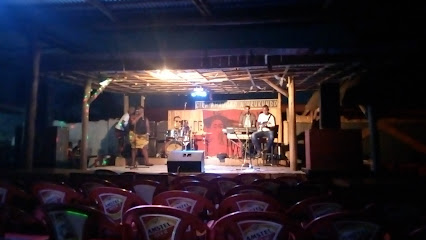
Bunga Bunga Bar
Experience the vibrant nightlife of Bujumbura at Bunga Bunga Bar, where refreshing drinks and lively atmosphere await.
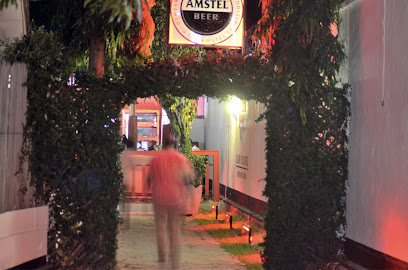
Kumutwenzi Bar
Discover Kumutwenzi Bar in Bujumbura for a lively experience of local drinks and vibrant nightlife, perfect for tourists and locals alike.
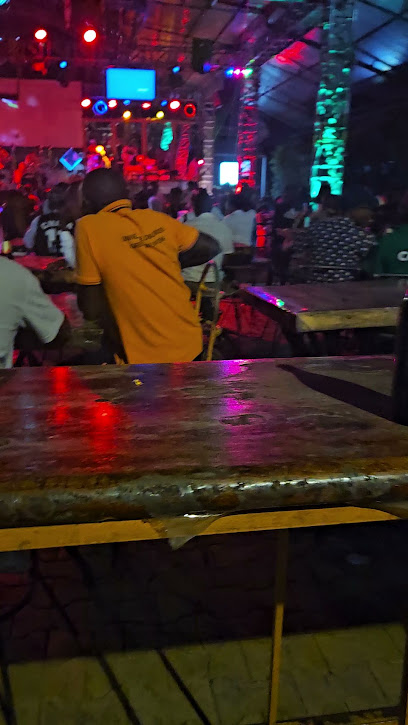
Kiriri Bar (KB)
Discover Kiriri Bar in Bujumbura - a lively bar offering a mix of local and international drinks, perfect for socializing and unwinding.
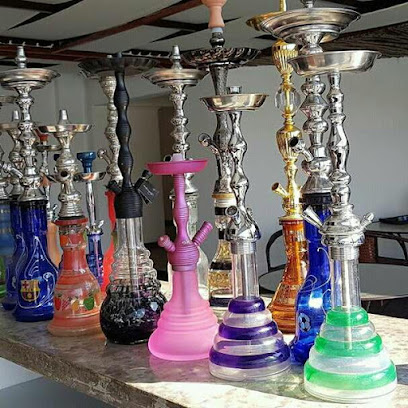
Bujumbura
Experience the vibrant live music scene in Bujumbura, where local culture and entertainment come together for an unforgettable night out.
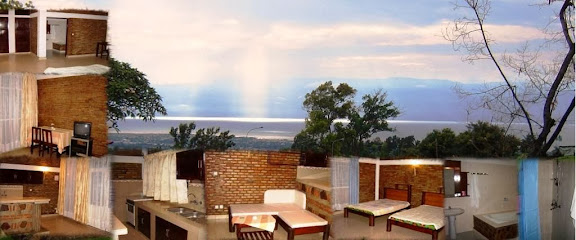
Zanzi Bar
Discover Zanzi Bar in Bujumbura: a vibrant oasis for tourists seeking relaxation, cocktails, and the essence of Burundian nightlife.
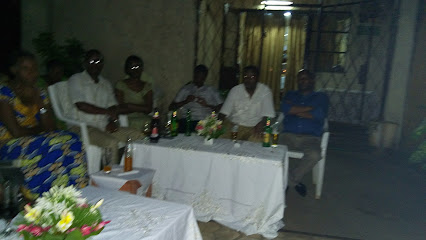
Calvados Bar Bujumbura
Discover the lively charm of Calvados Bar in Bujumbura, where vibrant nightlife and local hospitality combine for an unforgettable experience.
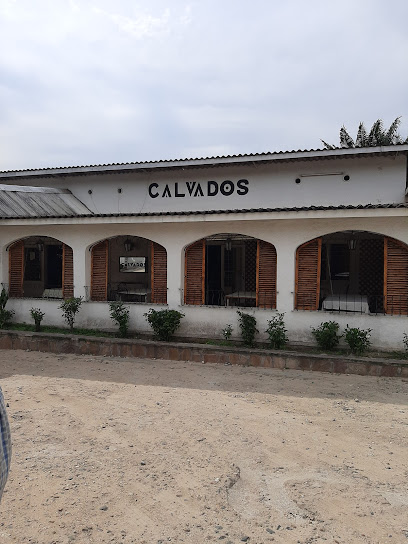
MUTIMA Resto Bar
Discover the lively atmosphere and local flavors at MUTIMA Resto Bar, where Burundian hospitality meets vibrant nightlife in Bujumbura.
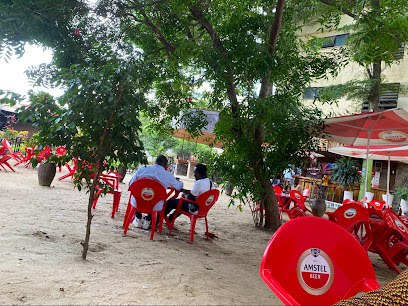
Le Baron
Discover Le Baron in Bujumbura, where vibrant culture meets a lively bar scene, perfect for unwinding and enjoying local flavors.
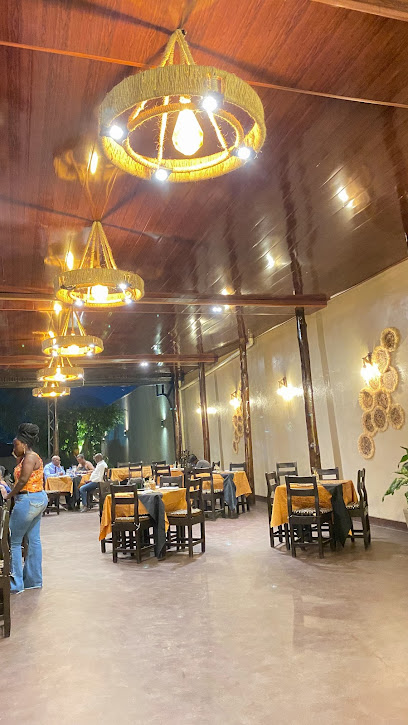
Local Phrases
-
- HelloAmakuru
[ah-mah-koo-roo] - GoodbyeKwaheri
[kwa-heh-ree] - YesEgo
[eh-go] - NoOya
[oh-yah] - Please/You're welcomeNk'urakoze
[n-k'oo-rah-koh-zeh] - Thank youMurakoze
[moo-rah-koh-zeh] - Excuse me/SorryNtaco
[n-tah-cho] - How are you?Amakuru?
[ah-mah-koo-roo] - Fine. And you?Ni meza. Wewe?
[nee meh-zah. weh-weh] - Do you speak English?Mwaba mutumva Icyongereza?
[mwah-bah moo-too-mvah ee-cho-yon-geh-reh-zah] - I don't understandNtazi
[n-tah-zee]
- HelloAmakuru
-
- I'd like to see the menu, pleaseNifurahiya kuyangurira imyitwarire, mw'izina ryanyu
[nee-foo-rah-hee-yah koo-yahn-goo-ree-rah ee-mee-twa-ree-reh mwee-zi-nah ree-ah-nyoo] - I don't eat meatSinzoga gukora isambaza
[seen-zoh-gah goo-koh-rah ee-sahm-bah-zah] - Cheers!Amahoro!
[ah-mah-hoh-roh] - I would like to pay, pleaseNifurahiya kugura, mw'izina ryanyu
[nee-foo-rah-hee-yah koo-goo-rah mwee-zi-nah ree-ah-nyoo]
- I'd like to see the menu, pleaseNifurahiya kuyangurira imyitwarire, mw'izina ryanyu
-
- Help!Umwisere!
[oom-wee-seh-reh] - Go away!Reka gitsinda!
[reh-kah gee-tseen-dah] - Call the Police!Andika polisi!
[ahn-dee-kah poh-lee-see] - Call a doctor!Andika dokotore!
[ahn-dee-kah doh-koh-toh-reh] - I'm lostNjye nsiganwa
[n-jyeh n-see-gah-nwah] - I'm illNjye muzima
[n-jyeh moo-zee-mah]
- Help!Umwisere!
-
- I'd like to buy...Nifurahiya gutegura...
[nee-foo-rah-hee-yah goo-teh-goo-rah] - I'm just lookingNshaka kubona
[n-shah-kah koo-boh-nah] - How much is it?Ni iyihe?
[nee ee-yee-heh] - That's too expensiveIyo ni busa cyane
[ee-yoh nee boo-sah ch-yah-neh] - Can you lower the price?Mwaba mutegure amafaranga?
[mwah-bah moo-teh-goo-reh ah-mah-fah-rahn-gah]
- I'd like to buy...Nifurahiya gutegura...
-
- What time is it?Saa ngapi?
[sah-ah ngah-pee] - It's one o'clockNi saa imwe
[nee sah-ah eem-weh] - Half past (10)Pawa kumi n'ebyiri
[pah-wah koo-mee n-eh-byee-ree] - MorningUmugoroba
[oo-moo-goh-roh-bah] - AfternoonUtaha
[oo-tah-hah] - EveningUmusi
[oo-moo-see] - YesterdayEjo
[eh-joh] - TodayEjo
[eh-joh] - TomorrowEjo
[eh-joh] - 1Rimwe
[ree-mweh] - 2Kabiri
[kah-bee-ree] - 3Gatatu
[gah-tah-too] - 4Kane
[kah-neh] - 5Gatanu
[gah-tah-noo] - 6Gatandatu
[gah-tahn-dah-too] - 7Karindwi
[kah-reen-dwee] - 8Kumunani
[koo-moo-nah-nee] - 9Icyenda
[ee-ch-yen-dah] - 10Icumi
[ee-choo-mee]
- What time is it?Saa ngapi?
-
- Where's a/the...?Iko wapi...?
[ee-koh wah-pee] - What's the address?Ni adiresi ihe?
[nee ah-dee-reh-see ee-heh] - Can you show me (on the map)?Mwaba muduherere?
[mwah-bah moo-doo-heh-reh-reh] - When's the next (bus)?Iyo izina ririho?
[ee-yoh ee-zee-nah ree-ree-hoh] - A ticket (to ....)Urufunzo (ku ....)
[oo-roo-foon-zoh koo]
- Where's a/the...?Iko wapi...?
History of Bujumbura
-
Bujumbura, originally a small village, has grown into the largest city and economic hub of Burundi. Its strategic location on the northeastern shore of Lake Tanganyika made it a key point for early trade routes and settlements.
-
During the late 19th century, Bujumbura became part of German East Africa. The Germans established administrative and military facilities in the area. After World War I, the League of Nations mandate transferred control to Belgium, and Bujumbura, known then as Usumbura, became the administrative center of the Belgian mandate of Ruanda-Urundi.
-
Burundi gained independence from Belgium on July 1, 1962. Subsequently, Usumbura was renamed Bujumbura. The city became the capital of the newly independent nation, playing a central role in its political and social transformations.
-
Bujumbura witnessed significant turmoil during the Burundian Civil War (1993-2005), which had devastating effects on the city's infrastructure and population. Post-civil war efforts have focused on rebuilding and fostering economic growth, with various international aid organizations contributing to the city's recovery.
-
Bujumbura is home to several cultural landmarks, including the Livingstone-Stanley Monument, commemorating the famous meeting of explorers David Livingstone and Henry Morton Stanley. Additionally, the Musée Vivant offers insights into Burundi's natural history and cultural heritage.
-
In recent years, Bujumbura has seen significant economic development, with improvements in infrastructure, commerce, and tourism. The city's port on Lake Tanganyika remains a crucial hub for regional trade, and new investments aim to bolster its position as a center for economic activity in the region.
Bujumbura Essentials
-
Bujumbura is accessible via Bujumbura International Airport (BJM), which connects to various African and European cities. Major airlines like Kenya Airways, Ethiopian Airlines, and RwandAir operate flights to Bujumbura. From the airport, taxis and hotel shuttles are available to take you to the city center.
-
In Bujumbura, you can get around using taxis, minibuses (commonly called 'matatus'), and motorcycle taxis (known as 'boda-bodas'). Taxis are the safest and most convenient option for tourists. Car rentals are available, but be aware that driving can be challenging due to the road conditions and traffic.
-
The official currency of Burundi is the Burundian Franc (BIF). Credit cards are accepted in some hotels and restaurants, but it's advisable to carry cash for smaller purchases and in local markets. ATMs are available in Bujumbura, but not all of them accept foreign cards, so plan accordingly.
-
While Bujumbura is generally safe for tourists, there are areas with higher crime rates where caution is advised. Avoid neighborhoods such as Buyenzi and Bwiza, especially at night. Stick to well-lit, populated areas, and keep your belongings secure. Always use registered taxis and avoid displaying valuables in public.
-
In case of emergency, dial 112 for police assistance and 113 for medical emergencies. Bujumbura has several hospitals, including the Prince Regent Charles Hospital. It is highly recommended to have comprehensive travel insurance that covers medical emergencies and evacuation. For minor health issues, pharmacies are available throughout the city.
-
Fashion: Do dress modestly. Avoid wearing revealing clothing, especially in rural areas and religious sites. Religion: Do respect local customs and traditions. Always ask for permission before photographing religious ceremonies. Public Transport: Do be respectful and give up your seat to elderly passengers. Don't eat or drink on public transport. Greetings: Do greet people with a handshake. A slight bow of the head is also a sign of respect. Eating & Drinking: Do try local dishes such as 'ndagala' (small fried fish) and 'ubugari' (cassava porridge). Don't refuse food offerings, as it is considered impolite.
-
To experience Bujumbura like a local, visit the central market for fresh produce and local crafts. Engage with locals, who are generally friendly and willing to share their stories. Don't miss a visit to Lake Tanganyika for a relaxing day by the beach. For a unique experience, explore the Rusizi National Park, where you can see hippos and a variety of bird species.
Trending Landmark in Bujumbura
-
Melchior Ndadaye International Airport
-
Zion Beach
-
Bujumbura Zoo
-
Marché central de Bujumbura Siyoni
-
Taj Mahal grana parmisiano
-
Livingston-Stanley Monument
-
Gishora Drum Sanctuary
-
Burundi Tourism Transport
-
Kibira National Park
-
Aparthotel Jardin Tropical Bujumbura
-
Rusizi National Park
-
Maison Cremerie
-
Bubbles(resto, barbershop, spa)
-
Eglise Vivante
-
Regina Mundi Cathedral
Nearby Cities to Bujumbura
-
Things To Do in Muramvya
-
Things To Do in Cibitoke
-
Things To Do in Kayanza
-
Things To Do in Gitega
-
Things To Do in Rumonge
-
Things To Do in Bururi
-
Things To Do in Ngozi
-
Things To Do in Butare
-
Things To Do in Kirundo
-
Things To Do in Muyinga
-
Things To Do in Karongi
-
Things To Do in Kibuye
-
Things To Do in Muhanga
-
Things To Do in Nyamata
-
Things To Do in Kigoma









